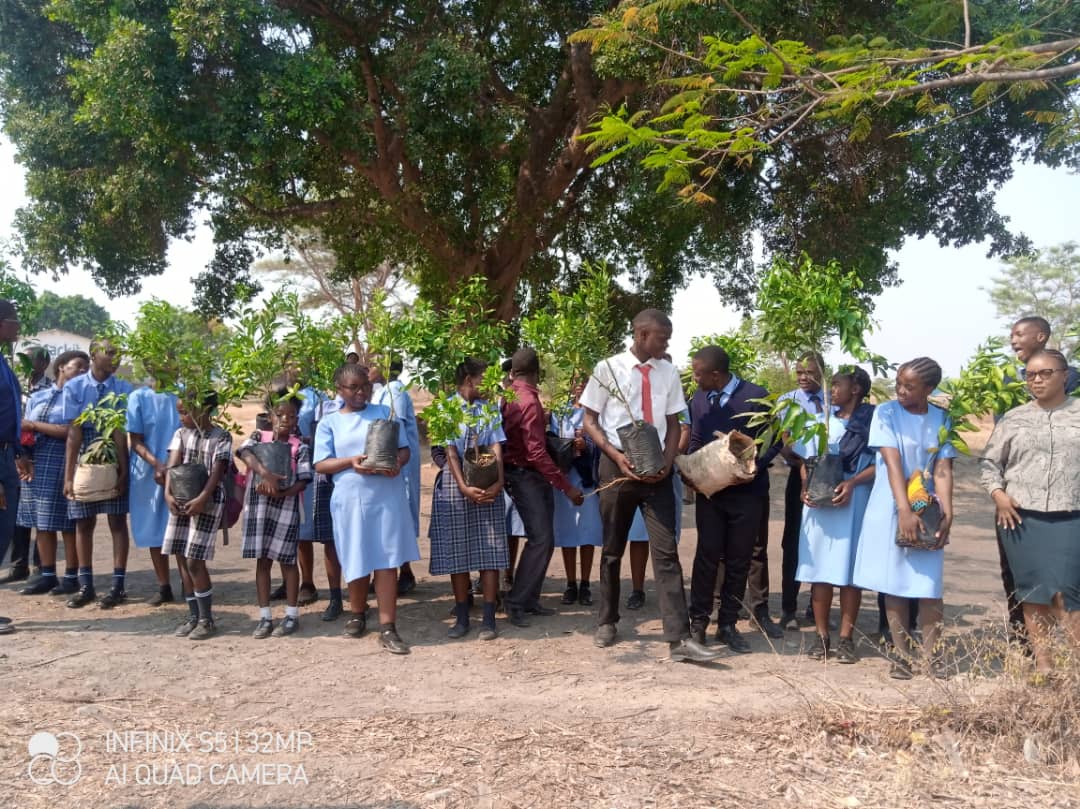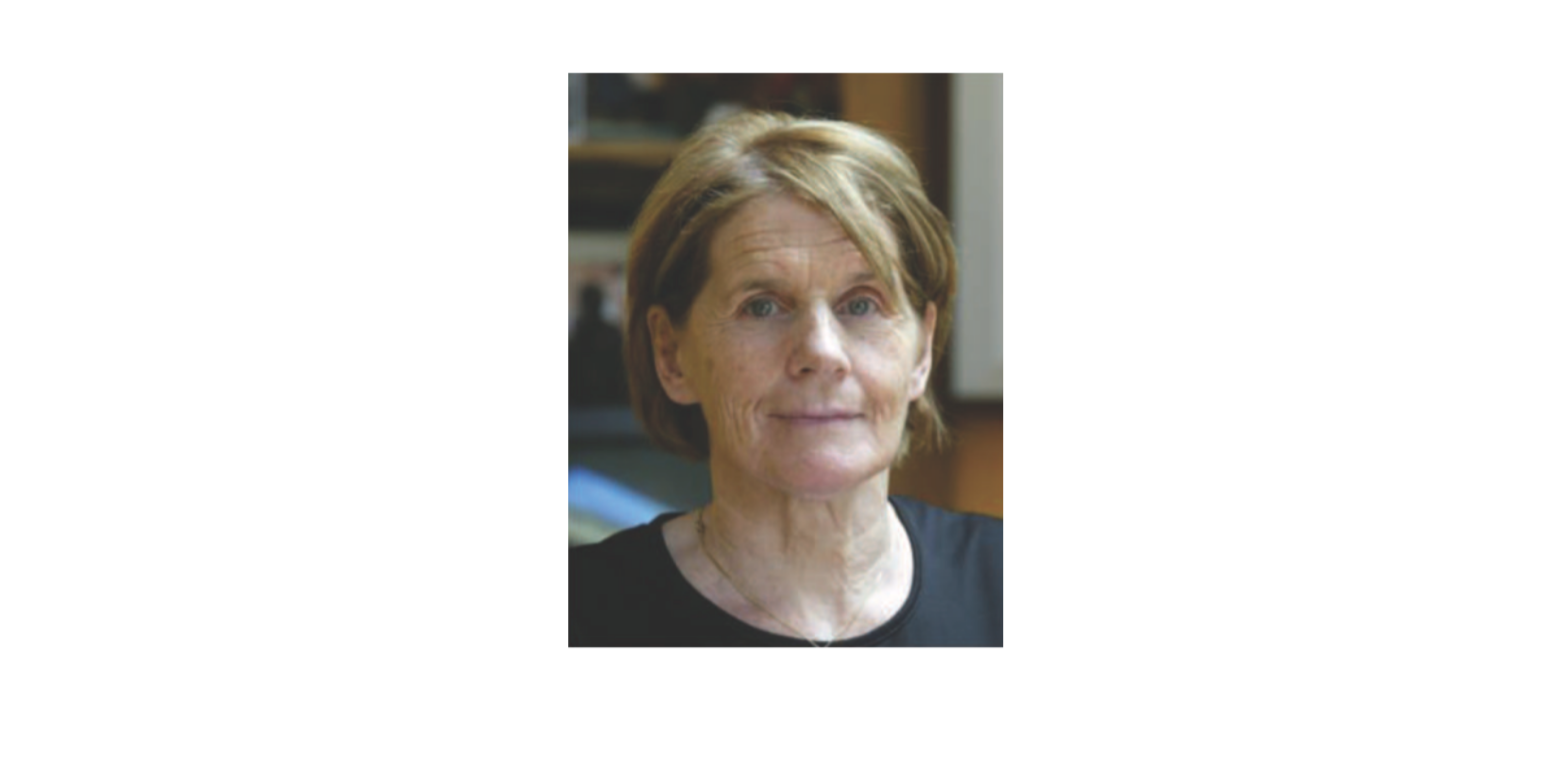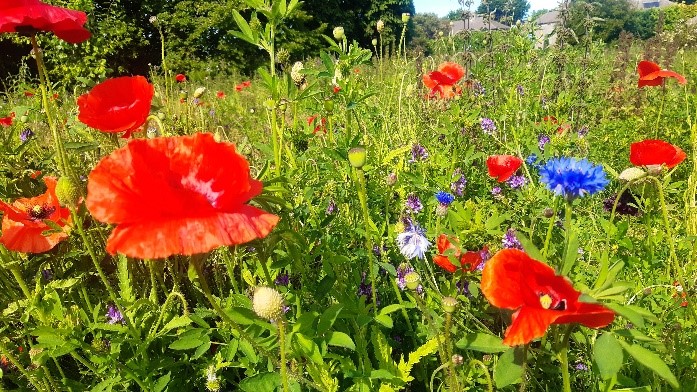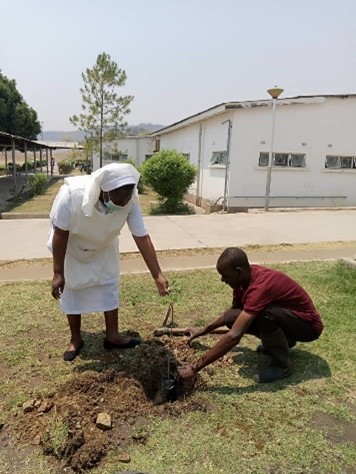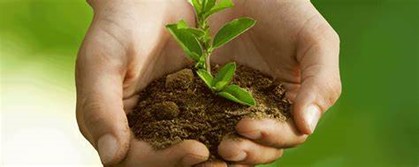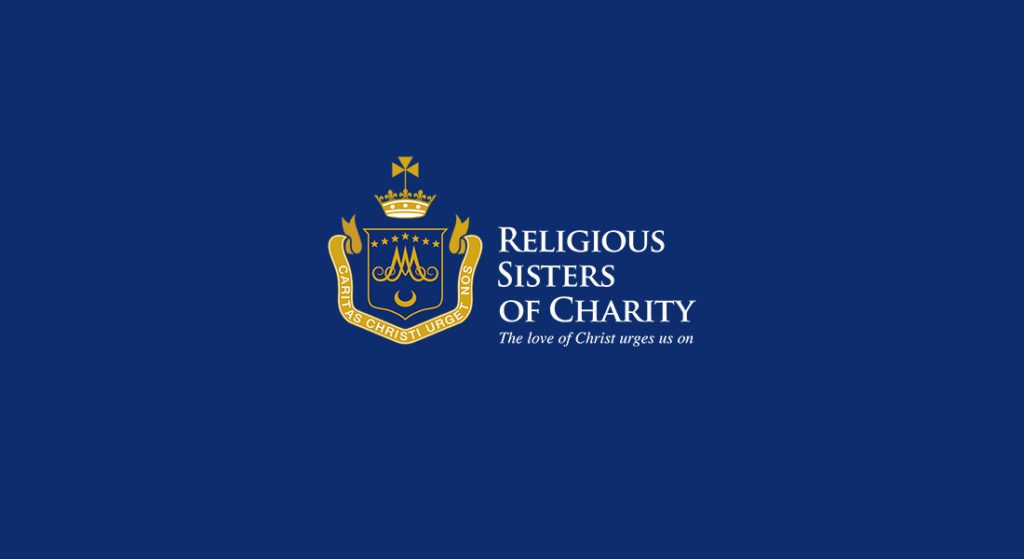
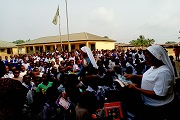 Globally, people experience lots of natural disasters in different forms, likewise, floods have become a threat to the people of Delta State especially communities living in the riverine areas and those in the lower land. Every year most people in these communities are displaced from their homes. The flood occurs suddenly across a limited area associated with very heavy rainfall and worsened with the overflow of the River Niger.
Globally, people experience lots of natural disasters in different forms, likewise, floods have become a threat to the people of Delta State especially communities living in the riverine areas and those in the lower land. Every year most people in these communities are displaced from their homes. The flood occurs suddenly across a limited area associated with very heavy rainfall and worsened with the overflow of the River Niger.
The 2019 flood disaster in some parts of Delta State resulted to human tragedy, displacement of people from their homes, disruption of communities and business processes. Some communities in the upland may be of an advantage than those who live on the lower land. Just as the rainy season may have short or long period, so also flood event can be short term or long term depending on the speed and duration. This was the case of 2019 flood incidence in Delta State because the rain was quite heavy and lasted longer than usual.
According to some of the victims in some communities, the problem of the flood began in the middle of June though there was a week break during August but it continued and ended in November 2019. It started with heavy rain and when the River Niger overflowed to the land, some of the communities were displaced. The flood affected their roads, farm, poultry, fish pond, houses and even wild life. These accounted for great number of loss. According to experts, the water level was about 4 – 8 feet above the ground level. The flood left negative impact on the lives of the victims such as disease outbreak, hunger, poverty, poor sanitation, and financial problem such that a good number of them are still struggling today to earn a living.
June was the apex of rainy season in Nigeria and so it rained throughout the day and at night for days. It was in such weather that I visited Utuko community in Delta State where the inhabitants were displaced because River Niger overflowed into their community. I also visited affected streets in Ozoro and was told that some people camped in Alaka Grammar School Ozoro. The school harbored many neighboring communities. Subsequently several visits were made and contacts of the people were collected. The persistent rain and the thought of many people displaced gave rise to soliciting for emergency intervention. The Local Government and Church made efforts to render short term safety net. But there was need to provide more intervention such as food, toiletries, presence and psychological needs. Therefore, I started visiting some communities and to be in solidarity with the most affected. During the course of visitation, more information about the communities were gathered.
The community leaders were engaged and relationship and trust were established. This helped in identifying and resolving conflict between leaders. This experience has widened my understanding that Social ministry is actually a special call that allows one to share in the ministry of Jesus.
The women were delighted and expressed their gratitude in Isoko dialect “Emamewhareya zino” which means “good things have come to us”. The people were at home with our presence and this was acknowledged by a community Chairlady who “appreciated the food stuffs but was most grateful with the Sisters’ presence in their interior village where most people would not like to come.”
Using speed boat, the Sisters journeyed on the River Niger for two hours to extend the emergency relief to the community across River Niger. Schools were also visited and exercise books together with writing materials were distributed to the pupils. Sixteen communities benefited from the relief materials.
As I ponder on the encounter with the victims, the words of Venerable Mary Aikenhead comes to mind, “Thanks to our good God for all He sends to relieve the poor.” Our legacy is in every life we touch and no matter how little the contribution might be, the service to humanity makes a difference.
Emergency situation needs no delay because action ought to be considered while seeking sustainable solution. Thus feeding is one aspect of intervention in the emergency situation such as flood disaster, but the victims need long term solution such as economic empowerment and most importantly risk reduction management in order to cope with the reoccurrence of future flood occurrence.
Appreciation goes to the Religious Sisters of Charity for giving me the opportunity to serve the 2019 flood victims in Delta State. “May Our Lord bless the work and beloved workwomen! Amen!” (MMA)
Sr. Augustina Alozie RSC


